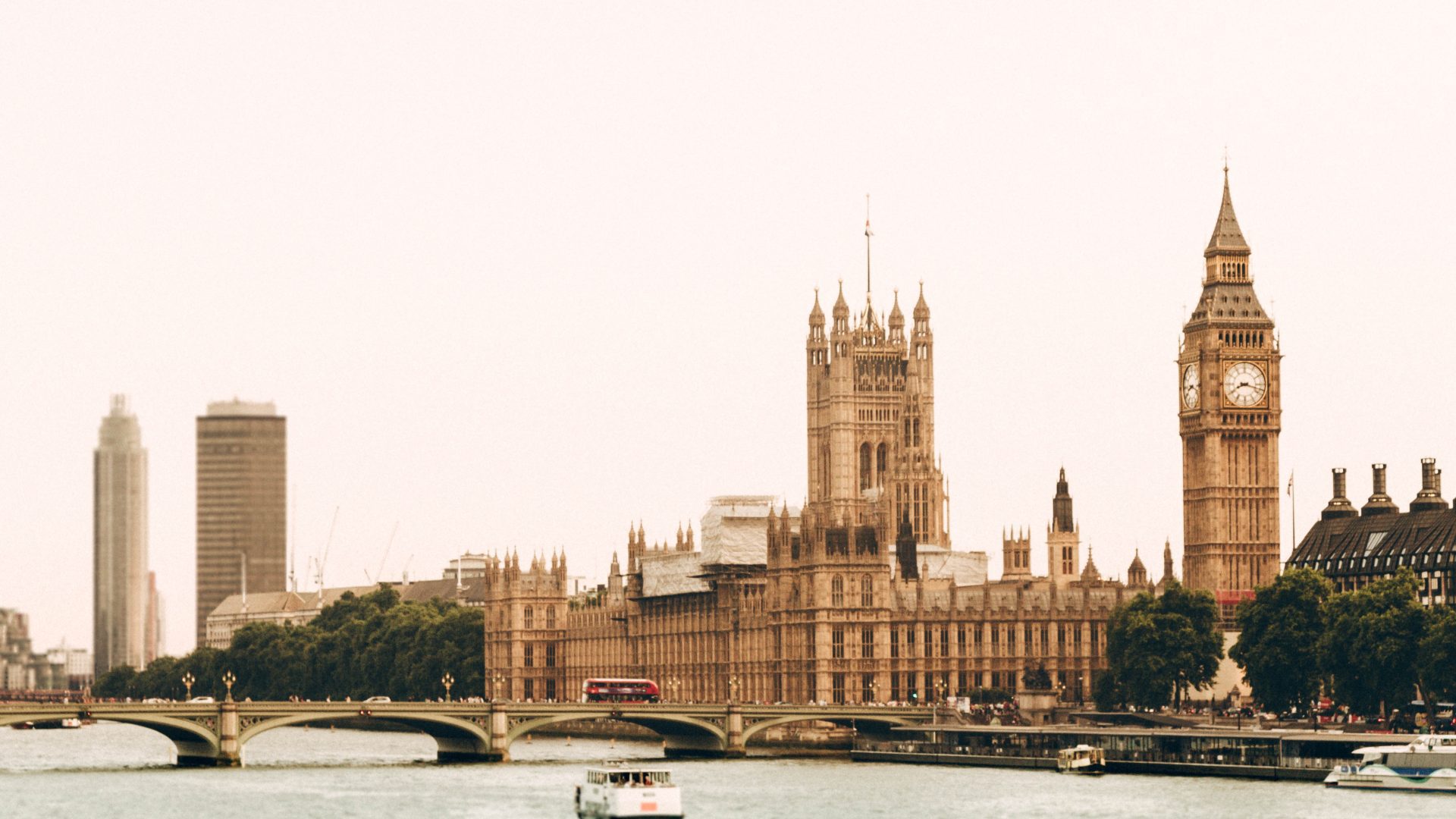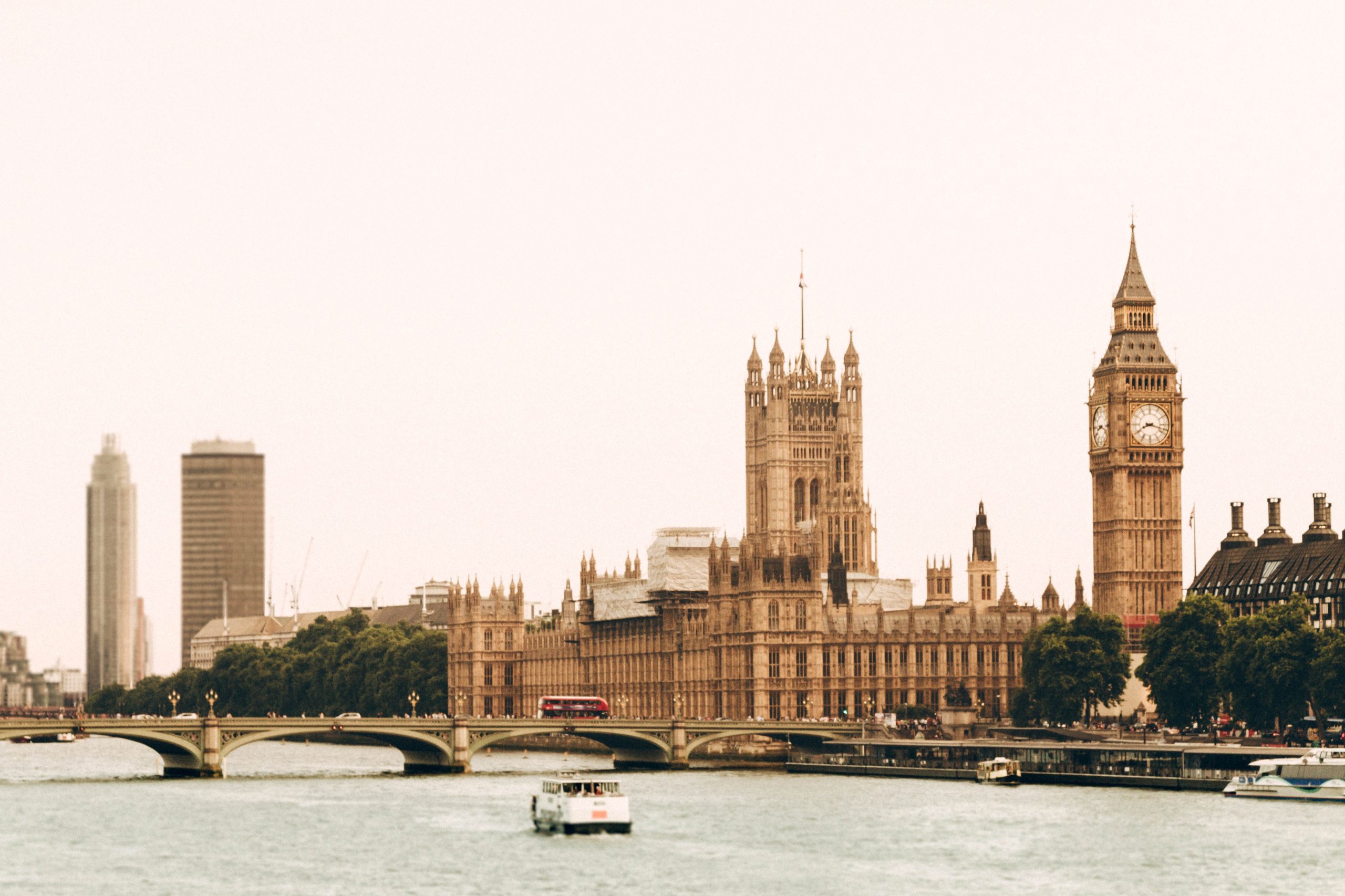
The Environment Bill: It’s Back

The Environment Bill is finally back in parliament. But why does that matter?
The Environment Bill is the new law that will set the groundwork for future environmental protection and natural restoration in England for decades to come. It will also set an example that Wales, Scotland and Northern Ireland are likely to follow.
The Bill was introduced way back at the start of 2020 and had been planned to be passed and ready to go when the UK completely leaves the EU on the 31st December. But the global pandemic has seen this vital piece of legislation shelved by the government.
This week the bill makes its long-awaited return to the House of Commons and whilst most of the Bill is good, without improvement the Bill falls far short of the world leading legislation that government have promised us. It is, therefore, crucial that in the coming weeks, when MPs have the opportunity to debate and amend the bill, that they push for changes to not only protect the ocean and natural environment but to also reverse decades of decline of ecosystems on land and at sea.
There are five key areas where, we think, improvements are needed:
What About the Ocean?
At the moment the bill fails to protect the ocean, as the marine environment is not explicitly included within the scope of the Bill. There is also no requirement for the government to set any targets for ocean recovery.
Whilst the government have sought to reassure us that the ocean will be considered, without either of these measures, there is no legal obligation to do anything to restore our oceans. It is imperative that this is changed.
The Big Plastic Picture:
The Bill includes welcome measures to help stop plastics ending up in the ocean and on our beaches including an Extended Producer Responsibility scheme, single use plastic charges and an ‘all in’ Deposit Return Scheme (DRS). To accompany these measures, and ensure a big picture approach is adopted to achieve an end to plastic pollution, we need to see plastic reduction targets set by government to tackle the overproduction of plastics which is the root cause of the pollution crisis.
Improving Water Quality:
A key concern in the bill is that it gives power to the government to change the way that water quality standards are measured, meaning that these could potentially be weakened. We, therefore, want to see legal assurances in the Bill that water quality standards will only be improved. We are also calling for the government to adopt accompanying legislation to tackle CSO discharges to improve water quality and #EndSewagePollution. Read more, and TAKE ACTION here.
A Regulator with Teeth:
The draft law contains plans to set up ‘The Office of Environmental Protection (OEP)’ which will be responsible for enforcing the new environmental laws. To be a truly effective watchdog the OEP will need to be independent of government influence so that it is free to hold government account for any breaches of environmental law.
Getting the Targets Right:
As we wrote in August, the target process included in the Bill needs some improvement to make sure that targets are set based on a robust, evidence-led process that seeks independent expert advice, provides a role for stakeholders and the public, as well as scrutiny from Parliament. Read more about how you can help shape the targets here.
What Can you Do to Help?
Your MP represents you in parliament and as a constituent, you have the power to demand that they make the bill the best it can be.
- Write you your MP and demand better environmental protection, use this link to find you MP
- Email your MP through the Safer Seas Service when your beach is polluted.
- Invite your MP to join a beach clean and learn about plastic pollution
- Complete the Ocean and Climate Survey to build our evidence base for why we need Ocean protection
